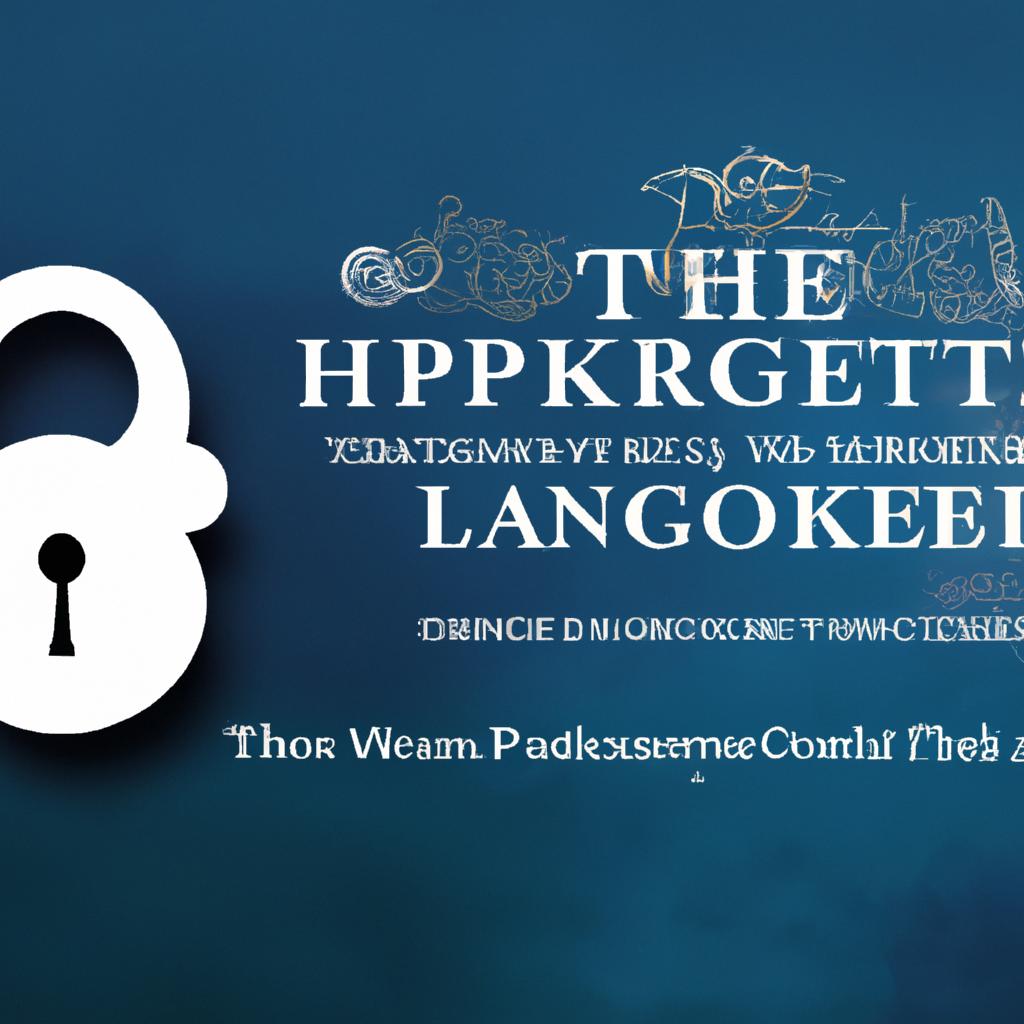When it comes to estate planning and inheritance, the issuance of probate letters of testamentary acts as a crucial element in accessing a deceased individual’s assets and liabilities. These important documents provide clarity and direction during a difficult and uncertain time. Let’s explore the significance of probate letters of testamentary and their role in the realm of final wishes and legal responsibility.
Understanding the Purpose of Probate Letters of Testamentary
When a loved one passes away, their estate may be subject to the probate process. One of the key documents that come into play during this process is the Probate Letters of Testamentary. These letters, also known as letters testamentary, are issued by the court and grant the executor of the estate the legal authority to act on behalf of the deceased.
The issuance of these letters is crucial for both the executor and beneficiaries of the estate. These letters serve several important functions, including validating the will of the deceased, authorizing the executor to handle the estate’s assets, and transferring property to beneficiaries. Essentially, probate letters of testamentary are a legal document that confirms the executor’s authority to carry out the wishes outlined in the deceased’s will.
Key Requirements for Obtaining Probate Letters of Testamentary
When it comes to obtaining probate letters of testamentary, there are several key requirements that need to be met in order to successfully navigate the process. These requirements are essential for ensuring that the last will and testament of the deceased individual is properly executed and that their assets are distributed according to their wishes. Here are some of the most important requirements to keep in mind:
- Valid Will: The deceased individual must have a valid will in place at the time of their death. This will serve as the foundation for the probate process and will outline how their assets should be distributed.
- Death Certificate: A certified copy of the death certificate must be provided in order to confirm the passing of the individual and initiate the probate process.
- List of Assets: A detailed list of the deceased individual’s assets must be compiled, including real estate, investments, bank accounts, vehicles, and personal belongings.
By ensuring that these key requirements are met, you can help streamline the probate process and ensure that the wishes of the deceased are carried out in a timely and efficient manner.
Benefits of Acquiring Probate Letters of Testamentary
Obtaining probate letters of testamentary can provide significant advantages for individuals navigating the probate process. These legal documents grant the named executor the authority to act on behalf of the deceased individual’s estate. Here are some key benefits:
- Legal Authority: With probate letters of testamentary, the executor gains the legal authority to manage and distribute the deceased individual’s assets according to their will or state laws.
- Protection: Having probate letters of testamentary protects the executor from liability, ensuring that they are acting within the scope of their authority.
- Credibility: Probate letters of testamentary provide credibility and proof of the executor’s legal standing, making it easier to handle financial matters, such as closing bank accounts or selling property.
Tips for Executors on Managing Probate Letters of Testamentary
Managing probate letters of testamentary can be a complex and overwhelming task for executors. To help navigate this process smoothly, here are some useful tips to keep in mind:
- Organize your documents: Start by creating a filing system to keep all probate-related documents in one place. This will help you stay organized and easily access important information when needed.
- Communicate with beneficiaries: Keep beneficiaries informed about the progress of the probate process and any significant developments. Clear communication can help prevent misunderstandings and disputes down the line.
- Stay on top of deadlines: Be aware of important deadlines, such as filing tax returns and submitting required paperwork. Missing deadlines can lead to delays and complications in the probate process.
By following these tips and staying organized, you can efficiently manage probate letters of testamentary and ensure a smooth probate process for all parties involved. Remember to seek guidance from legal professionals if you encounter any challenges along the way.
To Conclude
Probate letters of testamentary play a crucial role in ensuring that the last wishes of the deceased are carried out smoothly and efficiently. By granting authorization to the executor or personal representative, these letters provide the necessary legal authority to manage the deceased’s estate. Whether you are navigating the probate process for the first time or seeking to understand your rights and responsibilities as an executor, it is important to familiarize yourself with the purpose and implications of probate letters of testamentary. With the proper guidance and support, you can successfully navigate the complexities of probate and honor your loved one’s legacy with care and respect.

Unlocking the Inheritance: Understanding Probate Letters of Testamentary
What are Probate Letters of Testamentary?
Probate Letters of Testamentary are legal documents issued by a court that authorize the executor of an estate to handle the affairs of the deceased individual. These letters grant the executor the authority to act on behalf of the deceased in matters such as collecting assets, paying debts, and distributing inheritances to beneficiaries.
How to Obtain Probate Letters of Testamentary
To obtain Probate Letters of Testamentary, one must go through the probate process, which involves proving the validity of the deceased person’s will and appointing an executor to administer the estate. The following steps are typically involved in obtaining Probate Letters of Testamentary:
- File a petition with the probate court.
- Provide the court with the original will and death certificate of the deceased.
- Notify all interested parties of the probate proceedings.
- Attend a court hearing to establish the validity of the will.
- If the will is deemed valid, the court will issue Probate Letters of Testamentary to the executor.
Benefits of Probate Letters of Testamentary
Probate Letters of Testamentary offer several benefits to the executor of an estate, including:
- Legal authority to act on behalf of the deceased.
- Access to the deceased person’s assets and financial accounts.
- Protection against claims from creditors or disgruntled beneficiaries.
- Official recognition of the executor’s role in administering the estate.
Practical Tips for Dealing with Probate Letters of Testamentary
Dealing with Probate Letters of Testamentary can be a complex and time-consuming process. The following tips can help make the process smoother:
- Consult with an experienced probate attorney to guide you through the process.
- Keep detailed records of all estate-related transactions and communication.
- Communicate openly and regularly with beneficiaries to avoid conflicts.
- Follow the instructions outlined in the will and adhere to all legal requirements.
Case Study: The Importance of Probate Letters of Testamentary
John’s father passed away unexpectedly, leaving behind a sizable estate and a will that named John as the executor. Without Probate Letters of Testamentary, John would have faced significant challenges in managing his father’s assets and distributing inheritances to beneficiaries. By obtaining the necessary legal documents, John was able to navigate the probate process smoothly and fulfill his father’s final wishes.
First-Hand Experience with Probate Letters of Testamentary
As a probate attorney, I have seen firsthand the importance of Probate Letters of Testamentary in streamlining the estate administration process. By obtaining these letters, executors gain the legal authority needed to carry out their duties and ensure that the deceased’s wishes are fulfilled.
| Name | Age | Inheritance |
|---|---|---|
| Emily | 45 | $500,000 |
| Michael | 52 | $300,000 |


